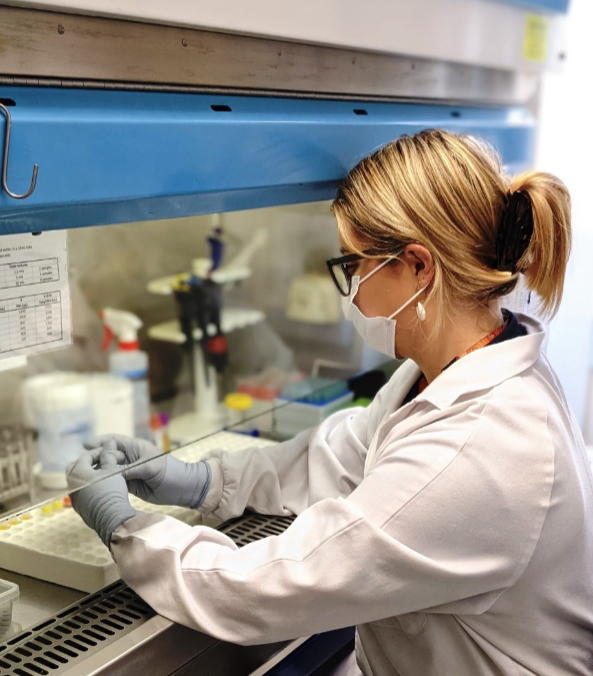Busselton study on top list
A health study based in Busselton has been named one of the National Health and Medical Research Council (NHMRC)’s prestigious ’10 of the Best’ programs.
The list highlights the most impactful research projects recently completed under funding from the NHMRC grant program.
The projects have integrated scientific research with national health priorities, making a significant contribution in improving human health.
‘The Busselton Family Heart Study’ builds on the long-standing Busselton Health Study to delve into the risks associated with cardiovascular disease (CVD).
Under the leadership of Professors Eric Moses and Peter Meikle, the research team combined lipidomics, genomics, and clinical data from over 4000 Busselton Health Study participants to uncover new insights into the metabolic factors contributing to CVD.
Recognising that cardiovascular risk is equally influenced by genetics and environmental factors, their research aims to identify previously unknown risk factors, paving the way for more precise preventative strategies for at-risk individuals.
“Our study goes beyond traditional cholesterol measures,” Professor Moses said.
“By analysing over 600 lipids linked to DNA sequences, we’ve created lipidomic risk scores that could transform how we predict and prevent CVD.”
The team’s innovative approach aims to develop a new clinical test for more accurate, risk-based testing.
A web portal has also been launched to provide global researchers access to the groundbreaking data, generating significant interest and collaboration offers.
“This research isn’t just about data; it’s about the community,” Professor Meikle added.
“The Busselton community has played a key role, and their engagement is vital for the success of these studies.”
Busselton Health Study Community Advisory Committee representative and former Chair of the Heart Foundation WA, Mr Graeme Robson said “This is wonderful recognition of the Busselton community’s participation in cutting-edge medical research that promises better identification and treatment for cardiovascular disease”.
Plans for clinical trials of the new lipidomic tests are expected in the near future.



















